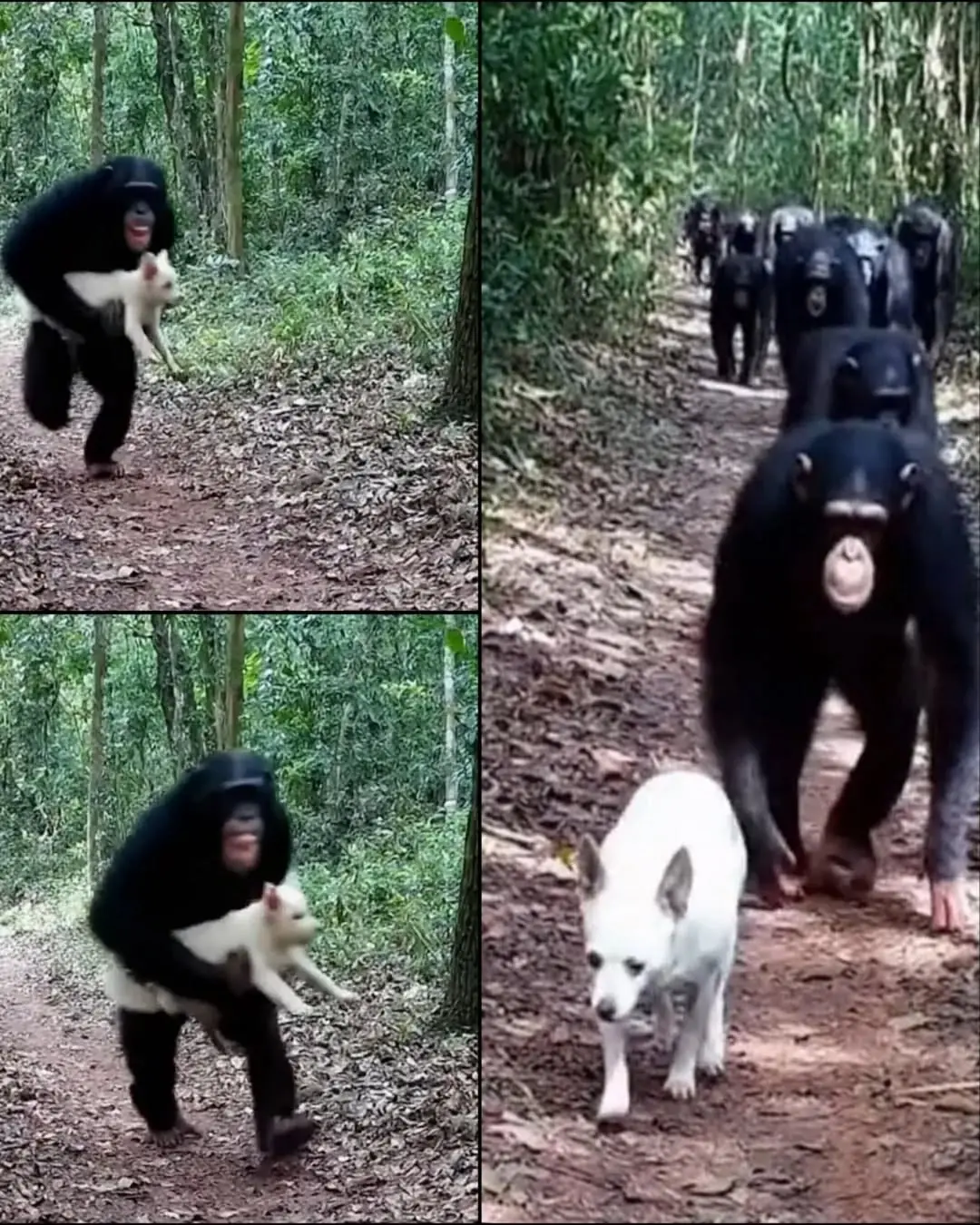
Firefighters Build a New Path of Dignity for an Elderly Woman.
The call had been routine—nothing remarkable, nothing to set it apart from the countless others answered by the firefighters of Webster Groves, Missouri. The crew was tired, the kind of tired that settles into the bones after long shifts filled with alarms, adrenaline, and smoke. They were heading back to the firehouse, ready for a few quiet minutes, when something on the side of the road made them slow down.
There, just beyond the curb, an elderly woman sat in a wheelchair, struggling outside her home. She was trying to cross the small patch of uneven lawn that separated her driveway from her front door. The ground was soft and rutted, full of dips and bumps. A short set of steps blocked her entrance.
From their seats in the truck, the firefighters watched. They saw her push forward, strain, roll back, and try again. Then, suddenly, the chair tipped. In an instant that made every heart in the cab drop, the woman fell forward onto the grass.
They were out of the truck before it even stopped. Training took over—swift, steady, instinctive. Within seconds, the woman was upright again, her chair steadied, her safety restored. But something deeper stirred in the men as she thanked them. Her voice carried gratitude—and fatigue. It was the kind of thanks that comes from someone who has learned to face battles alone.
They helped her to her door, made sure she was safe, then returned to their truck. The lights stayed off. There was no fanfare. The job was done.
Or so they thought.
The Thought That Wouldn’t Leave
As they drove away, none of them could shake the image of that woman in her yard. They had helped her in the moment—but what about next time? What if she tried again tomorrow, with grocery bags in her lap? What if it rained? What if she fell again, alone, with no one passing by to see?
Firefighters are trained to respond, to fix emergencies as they happen. But this wasn’t just about a single moment—it was about preventing the next one. A ramp, a walkway, a small change could mean freedom for her.
And so, they made a quiet decision: they would come back.
Not on the clock. Not in uniform. On their own time.
A Weekend of Work and Compassion
A few days later, on their days off—those precious hours usually reserved for rest, family, or recovery—the crew returned. This time there were no helmets, no fire jackets. Just work boots, jeans, and tool belts. They came carrying shovels, concrete mix, and determination.
They began by tearing up the uneven patch of grass in front of her steps. The air filled with the smell of fresh soil and cement dust. One firefighter mixed bags of concrete while another smoothed it with practiced hands. These were hands used to hauling hoses, breaking down doors, and carrying people from burning buildings—yet here they worked just as skillfully to build something steady and safe.
Hour by hour, under the Missouri sun, a new path began to take shape. Smooth, even, purposeful. They built not just a walkway, but a ramp, ensuring the woman would never again be trapped by the steps that once stopped her.
Neighbors Take Notice
Soon, neighbors peeked from their windows, curious. A few came outside, surprised to see firefighters working construction on a weekend. Some brought cold drinks, others offered thanks. But the men didn’t pause for recognition.
They weren’t there for publicity or praise. They were there because they had seen a problem—and they had the skills to fix it. That was reason enough.
By afternoon, sweat streaked their faces, concrete dust clung to their shirts, and the walkway gleamed pale and new under the sunlight. When they finally packed up their tools, the patch of ground that had once been an obstacle was now a clear, solid path leading straight to the woman’s front door.
A Pathway to Freedom
When the woman rolled outside and saw what they had done, she stopped. Her eyes widened, then filled with tears. She reached out a trembling hand, touching the smooth new surface as if to make sure it was real.
For the first time in years, she could move freely—from her home to her driveway, from her front door to the world beyond. What had once been a daily challenge was now a promise of independence.
The firefighters stood nearby, quiet and smiling, watching her wheel forward without hesitation. No ceremony, no speeches. Just the simple, powerful satisfaction of knowing they had changed a life—not in a fire, not in an emergency, but in a small, steady act of kindness.
The Story That Spread
Later, when the Webster Groves Firefighters Community Outreach page shared the story online, it spread far beyond Missouri. Comments poured in from across the country—messages of gratitude, admiration, and pride.
People saw more than a group of firefighters. They saw neighbors, citizens, humans—men who chose compassion over convenience, who used their free time not to rest but to rebuild someone else’s sense of dignity.
The firefighters didn’t ask for attention. They didn’t seek headlines. To them, the act was simple: a need had appeared, and they had answered it. The way they always do.
More Than a Ramp
To the woman in the wheelchair, that new ramp was far more than concrete. It was a message poured into every inch of its surface: You are not forgotten. You are not alone.
And to everyone who heard her story, it became something larger—a reminder that heroism isn’t always loud. It doesn’t always come with flashing lights and sirens.
Sometimes, heroism looks like a few firefighters, on their day off, mixing cement under a hot sun.
It looks like quiet empathy turned into action.
It looks like a new path—solid, simple, life-changing—built not just with skill, but with heart.
Because in the end, they didn’t just build a ramp. They built hope.
News in the same category

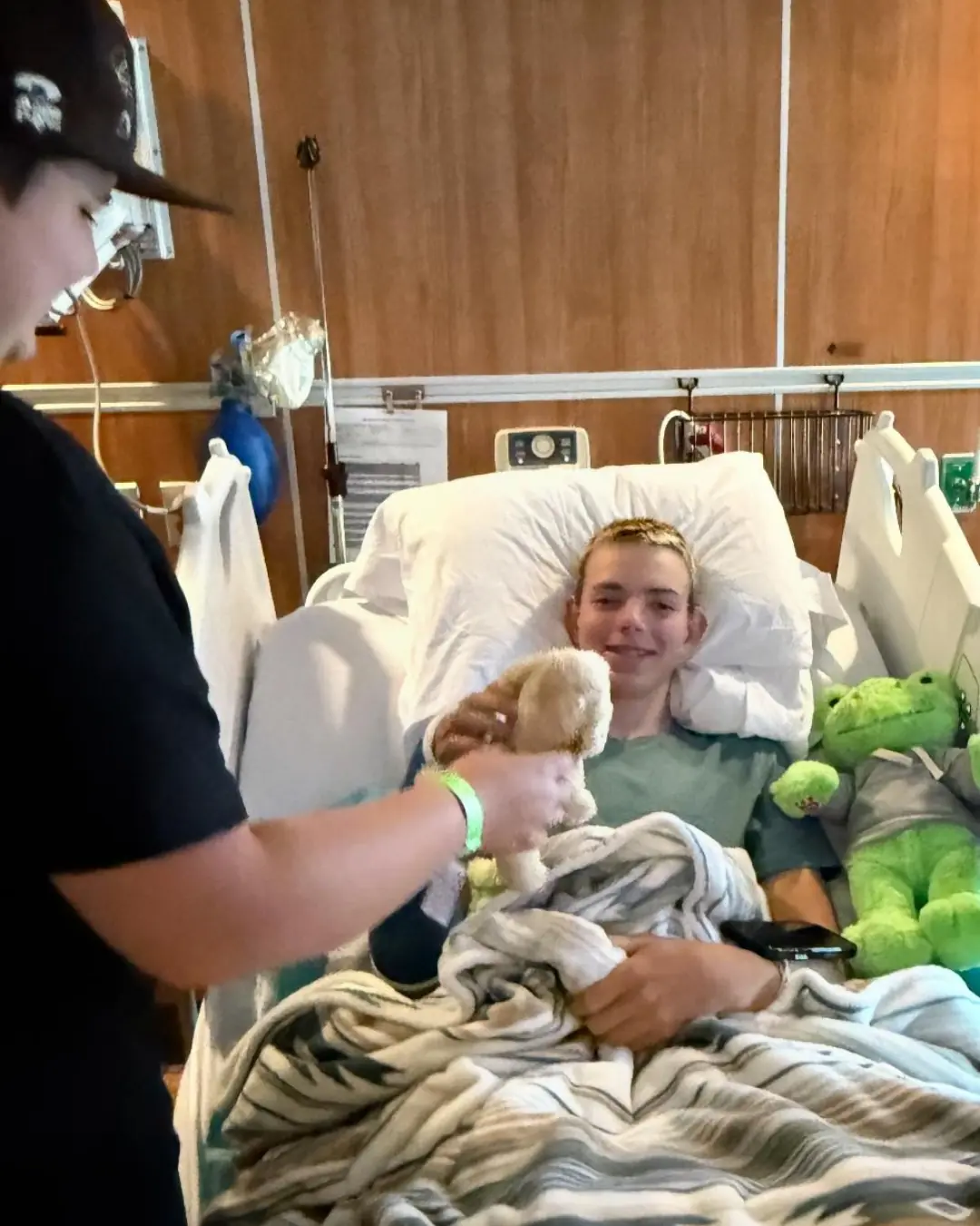
Prayers for Chaden: A Racer’s Fight Beyond the Track
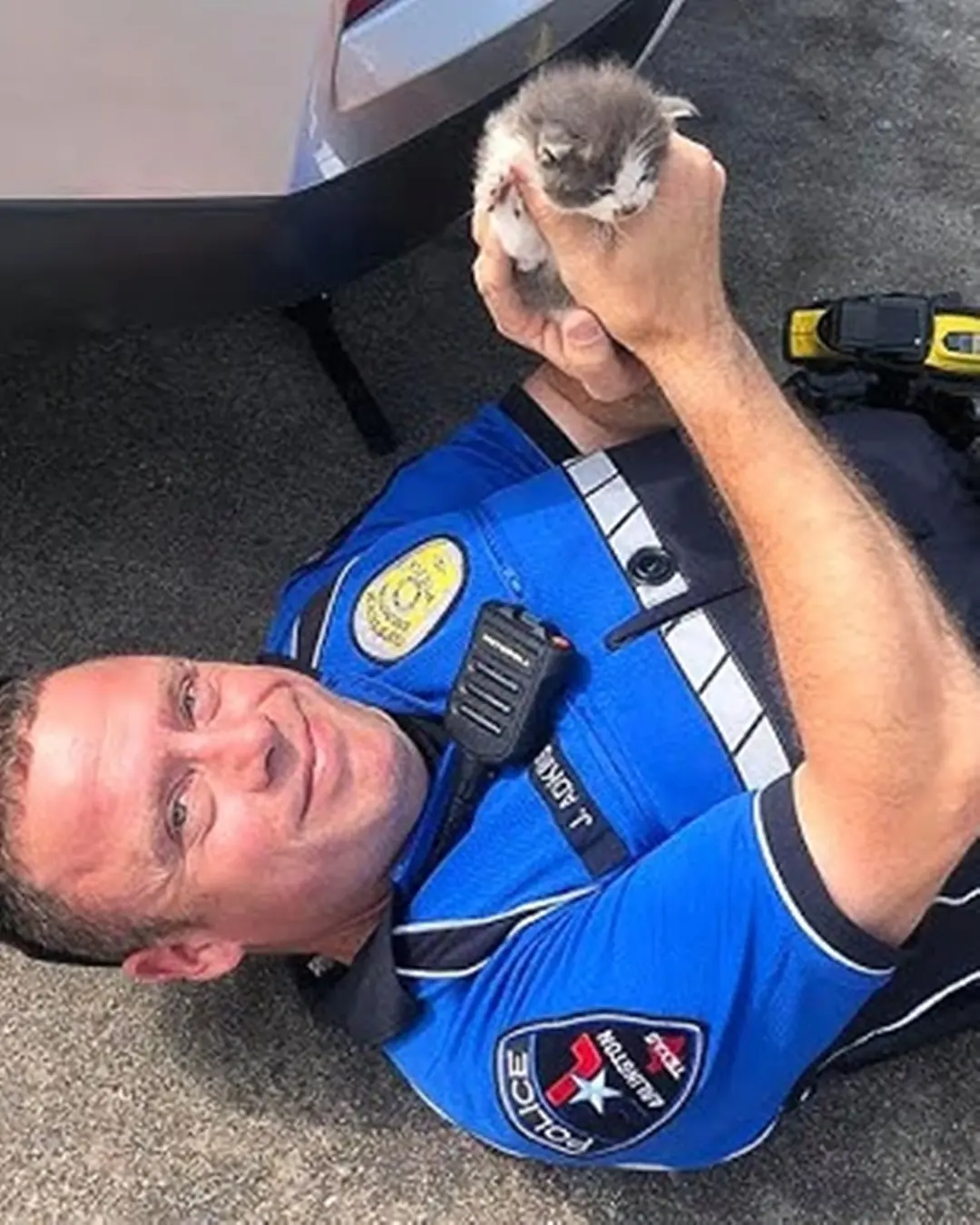
From Shoplifting Call to Saving Lives: The Story of TJ and Max.
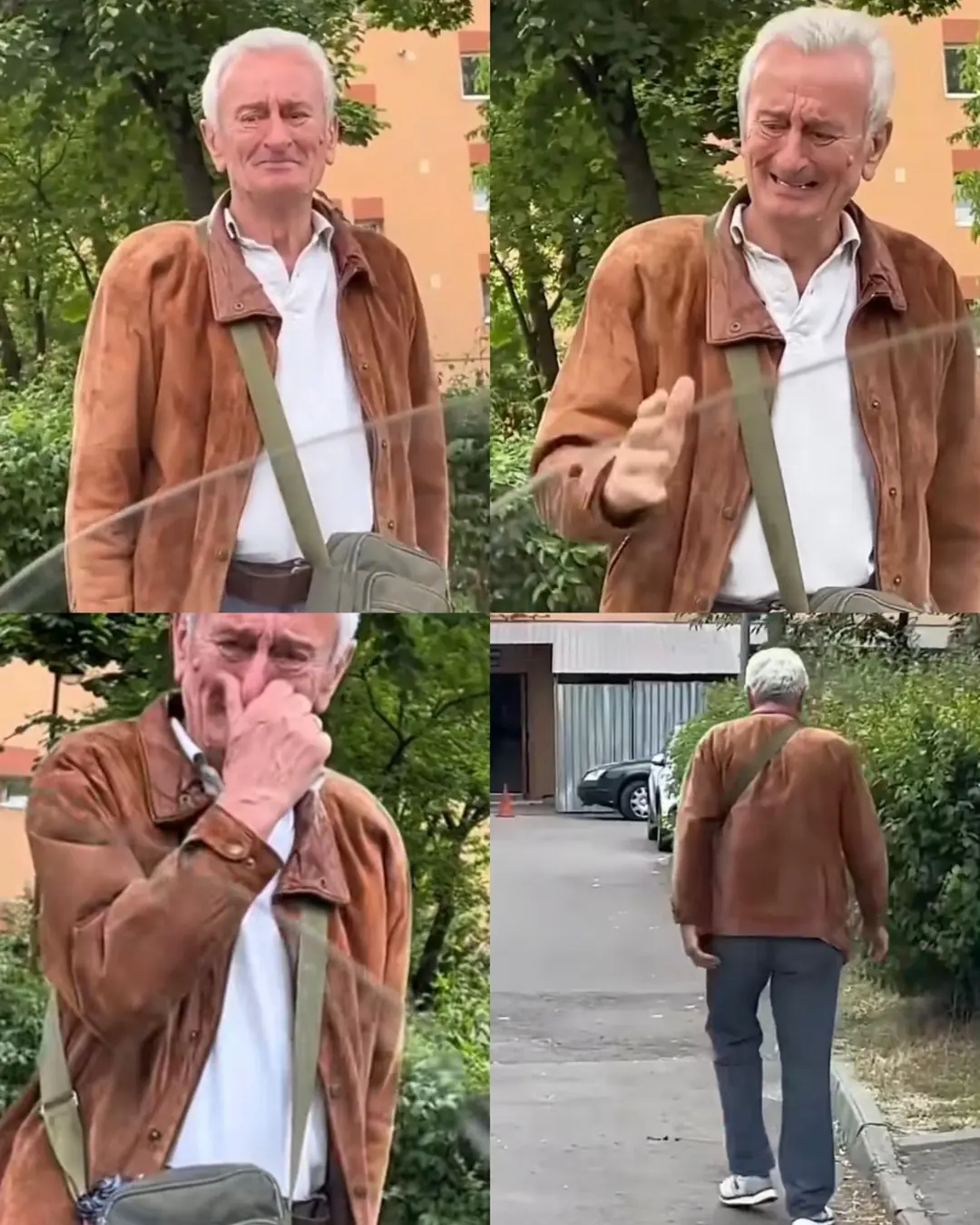
More Than Just a Car: A Lifetime in Metal and Memories.

The Man Who Carried an Elephant.
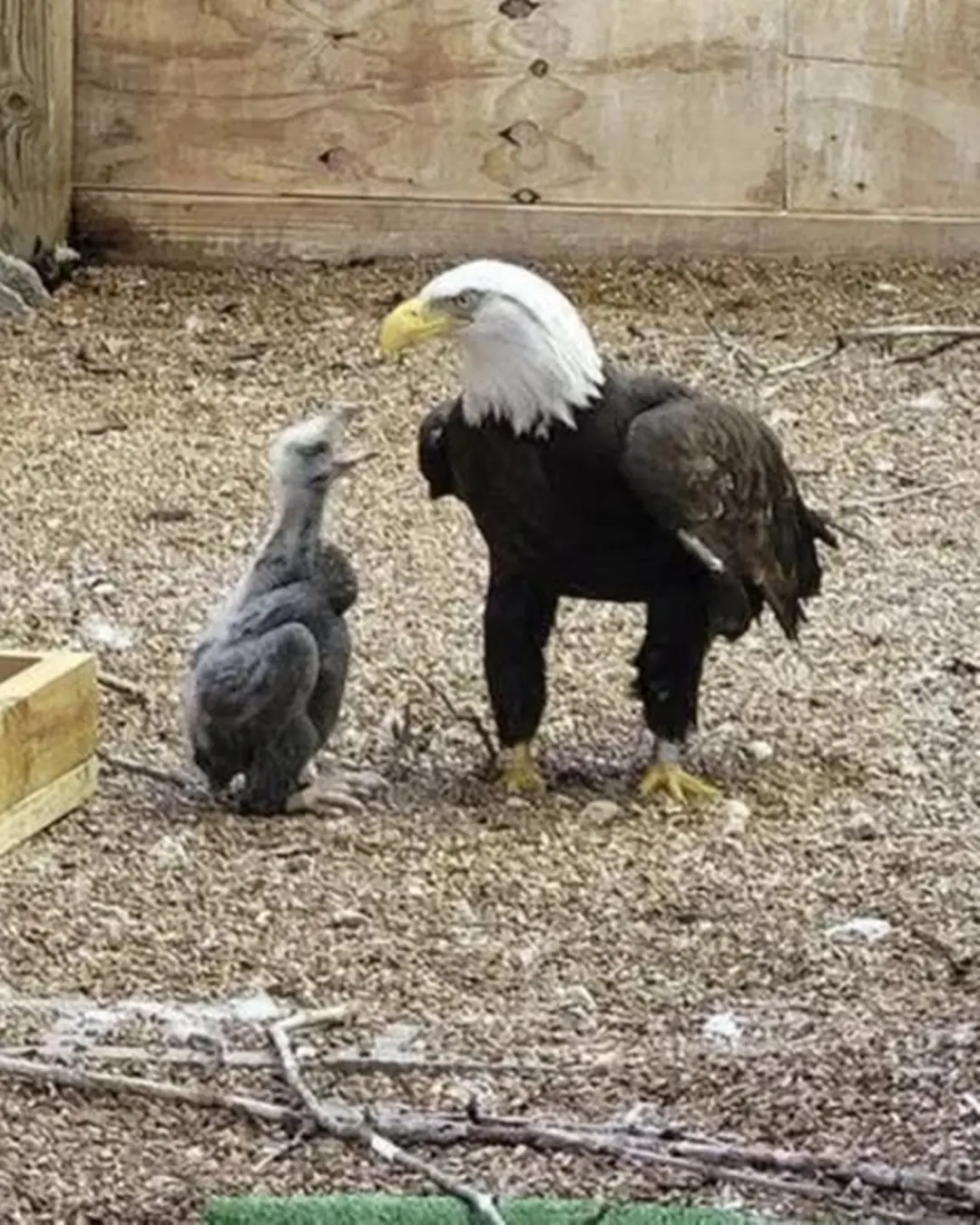
Murphy the Eagle Who Loved a Rock—Until Life Gave Him a Real Chick.
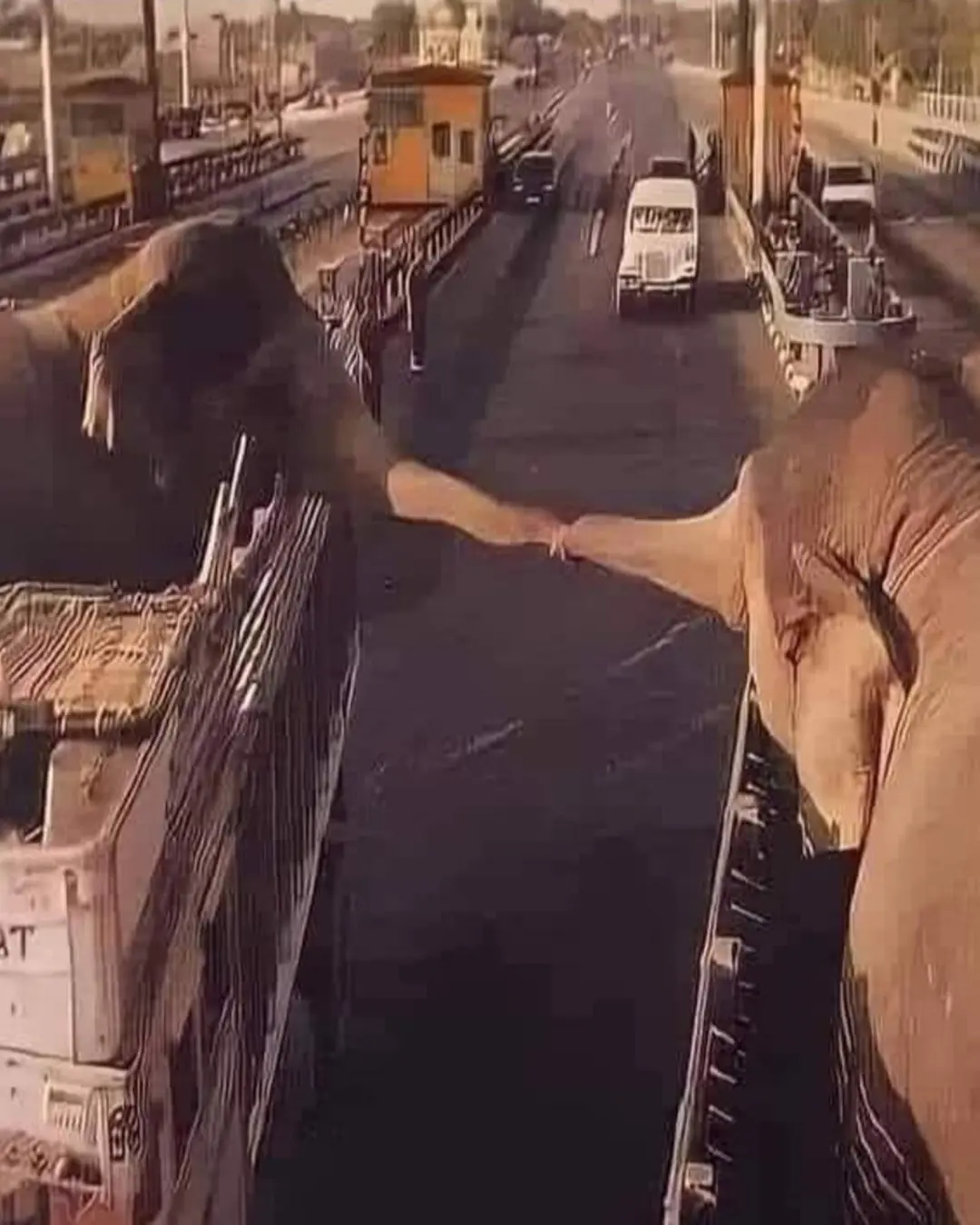
The Touch That Broke Our Hearts.
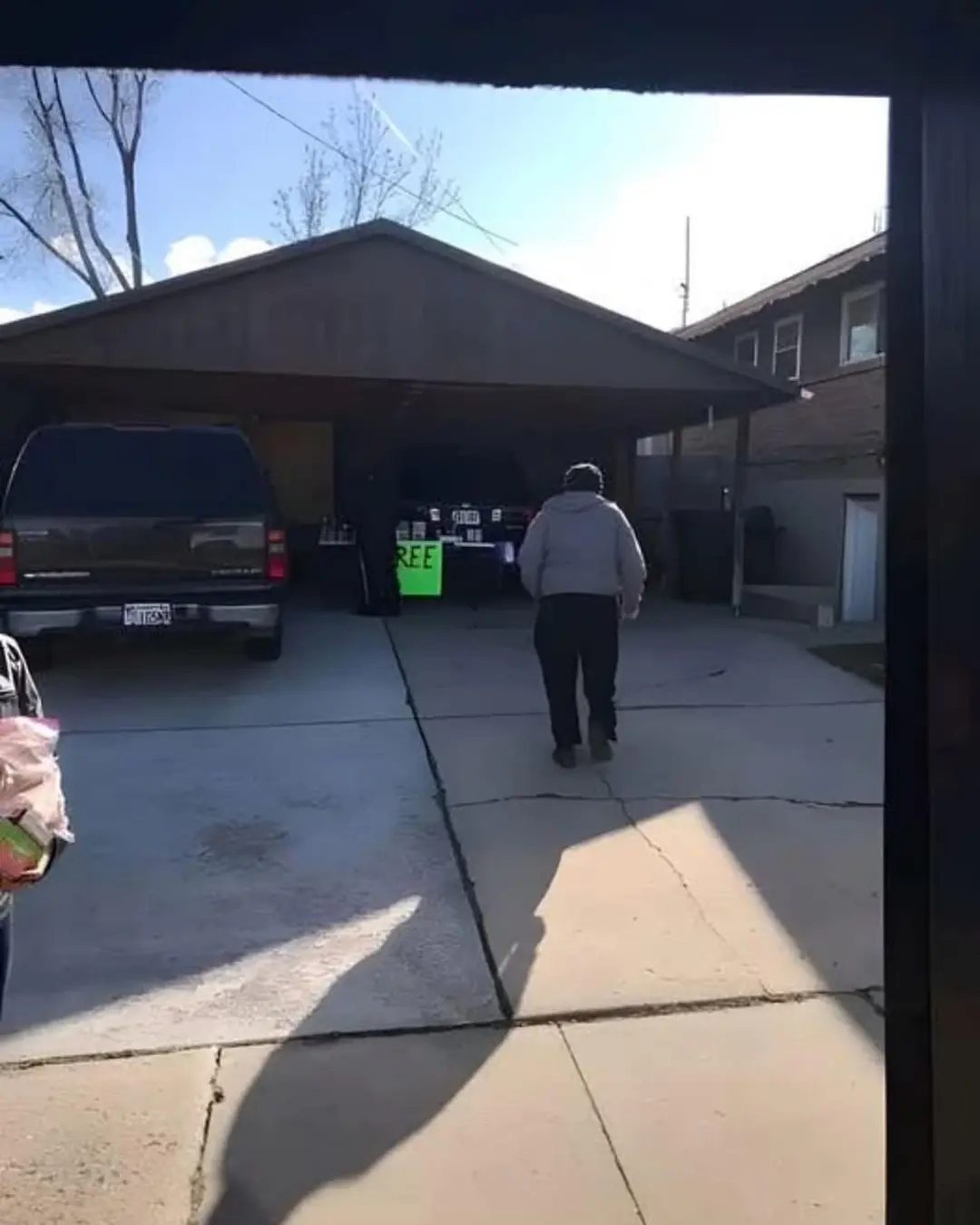
A Table in the Garage.
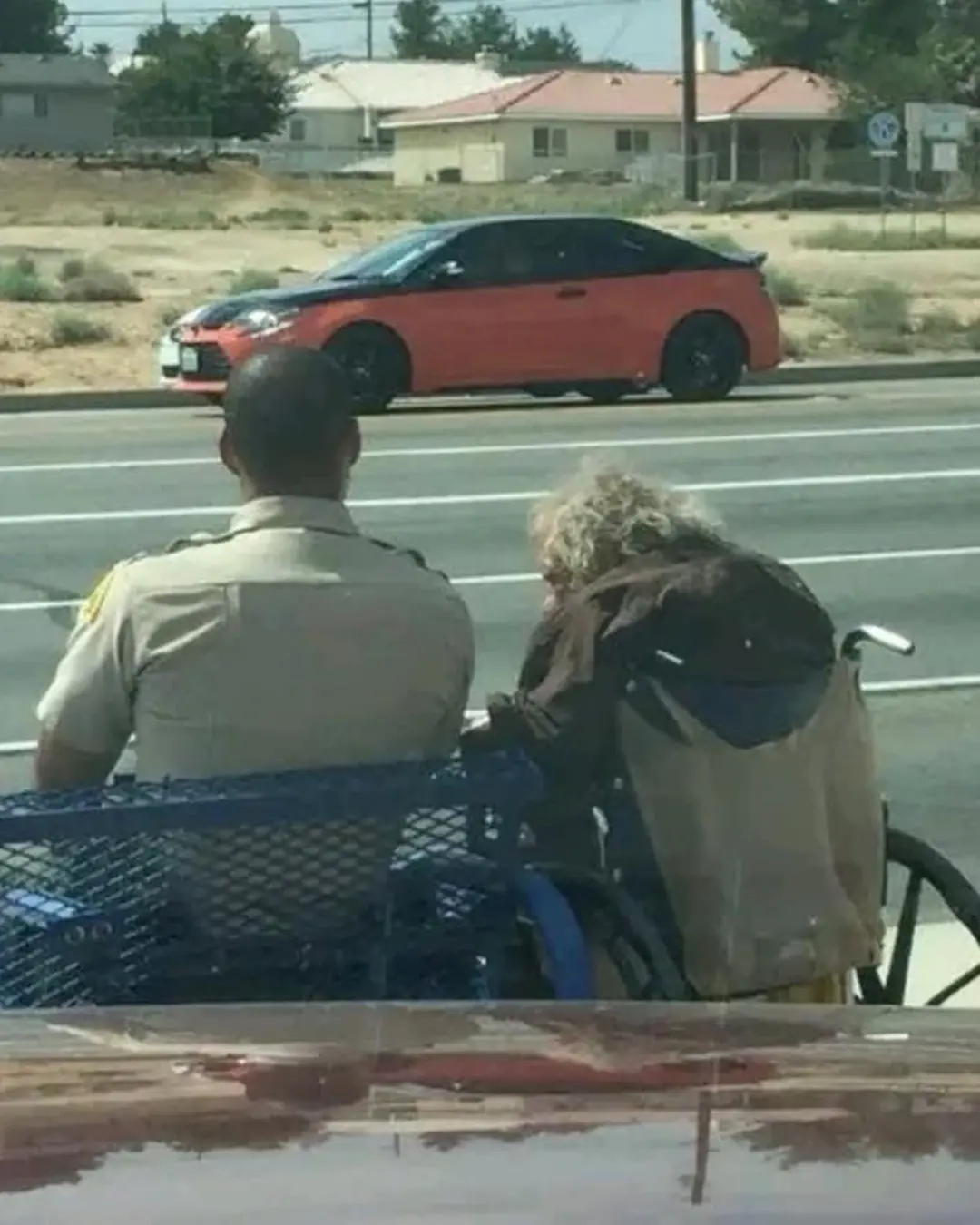
The Power of Simply Sitting Beside Someone.
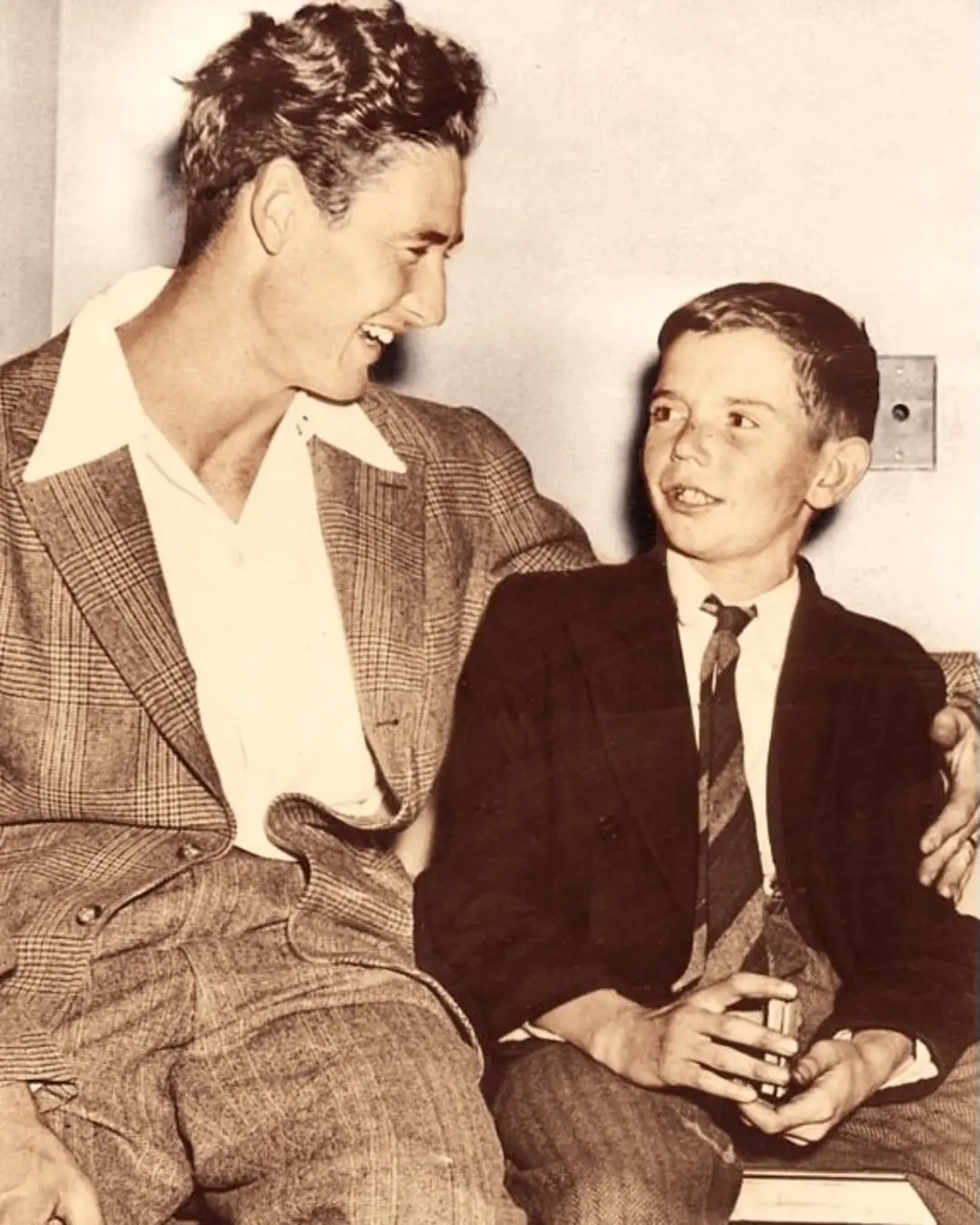
The Boy Who Hitchhiked 250 Miles to Meet His Hero.
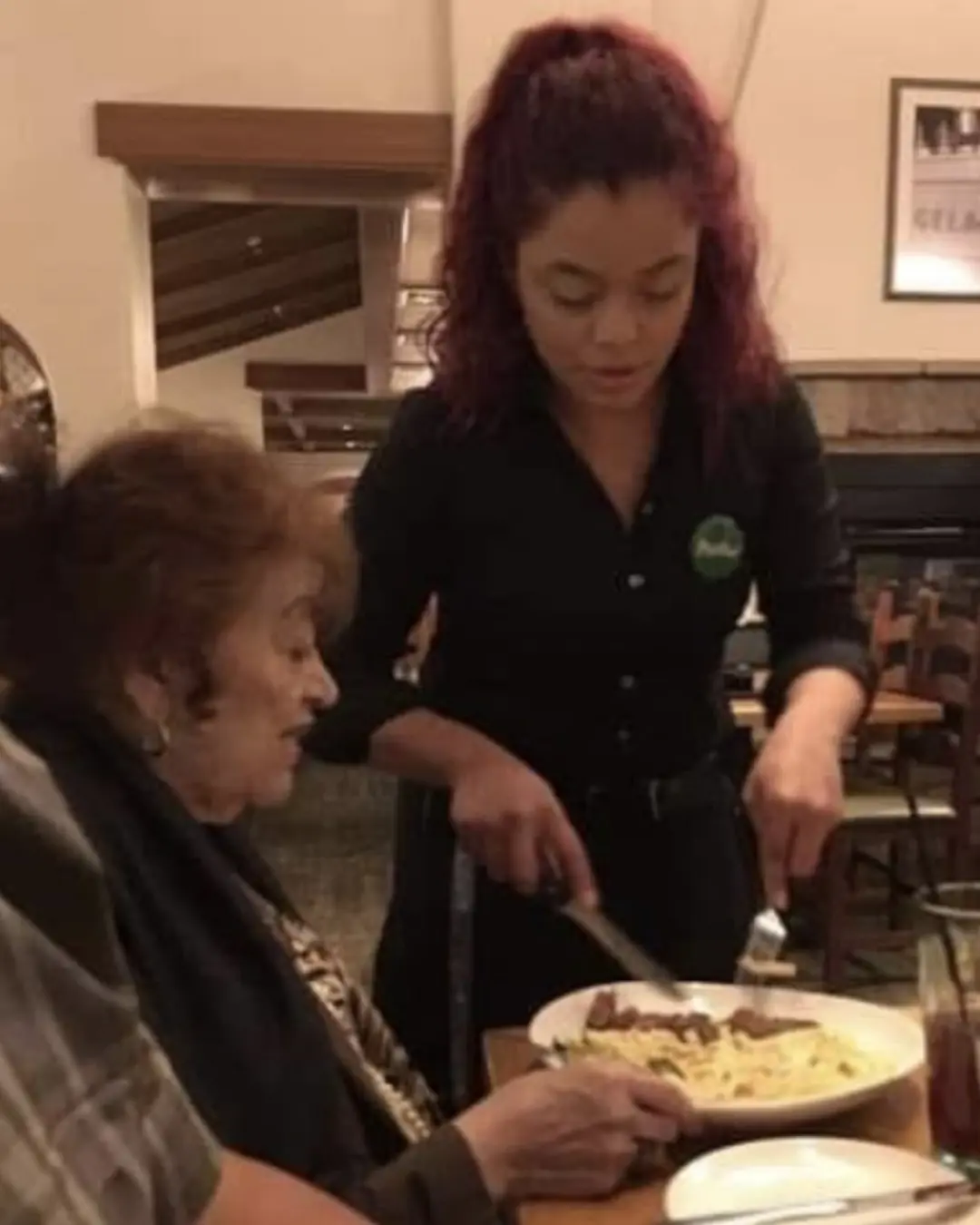
A Waitress Named Susie and the Night Kindness Stole the Spotlight
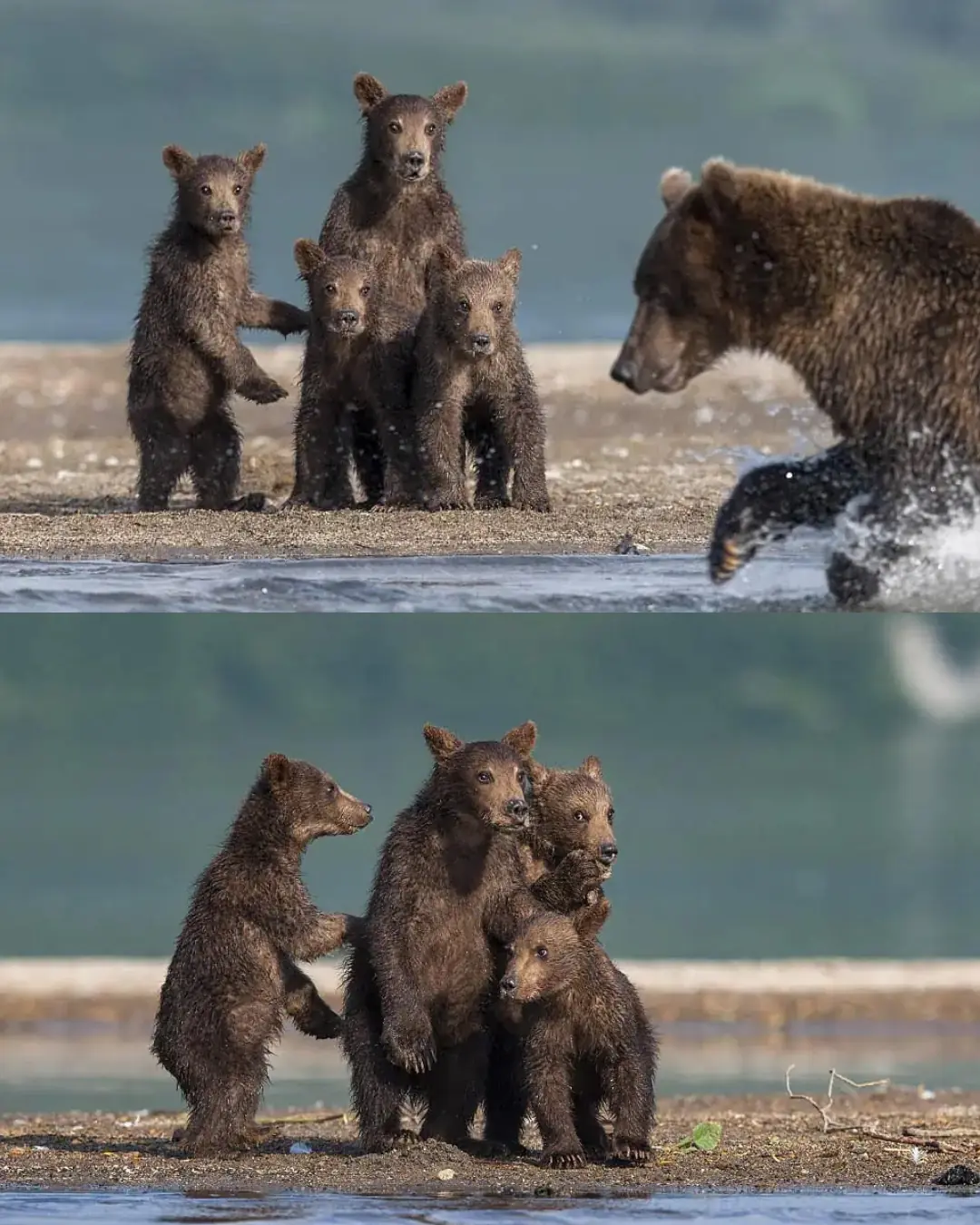
The Lesson by the Lake: A Mother Bear’s Love That Teaches Survival.

A Moment of Joy: How a Playful Baby Elephant Stole Everyone’s Heart
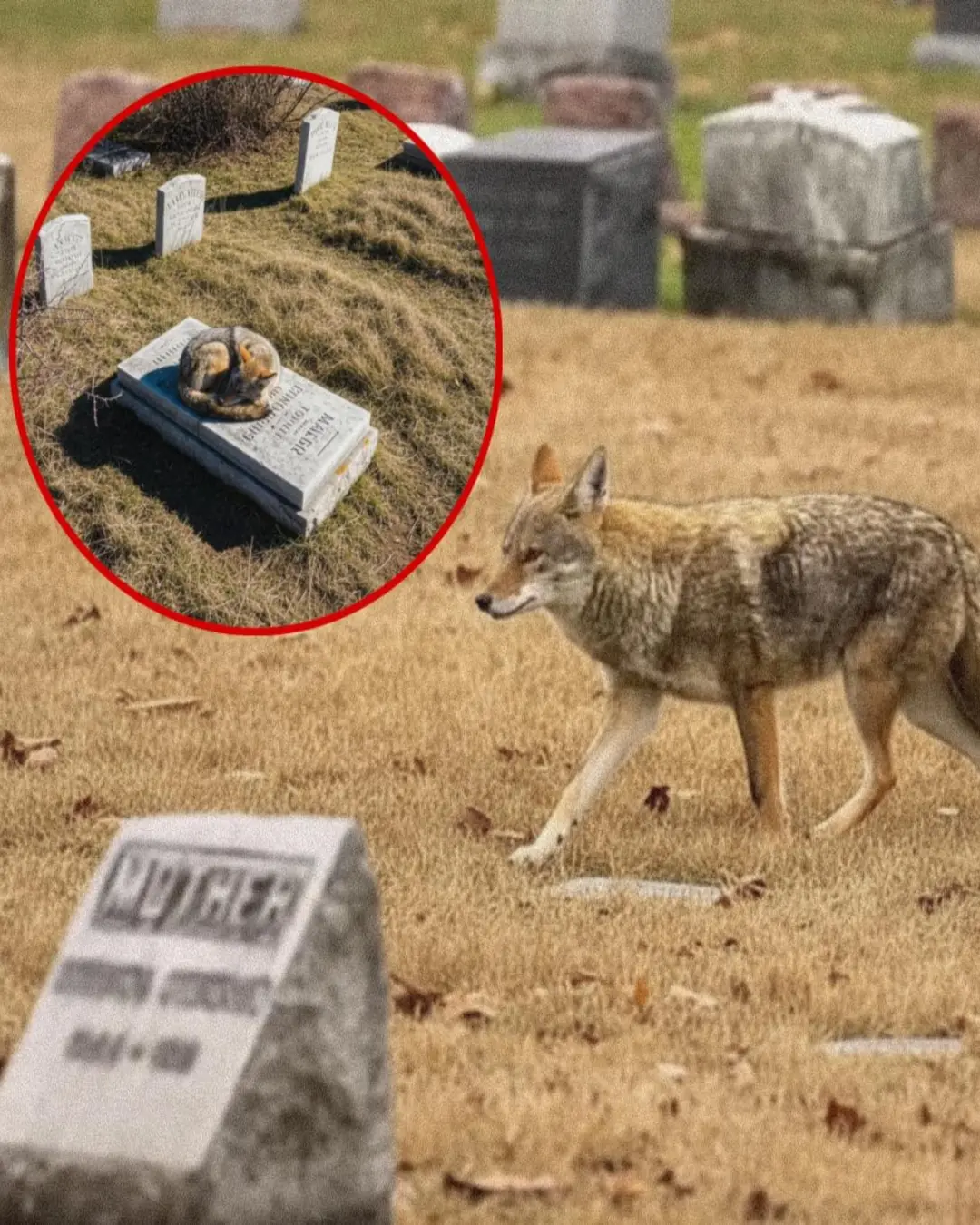
The Coyote at the Grave: A Bond That Survived Fire and Time
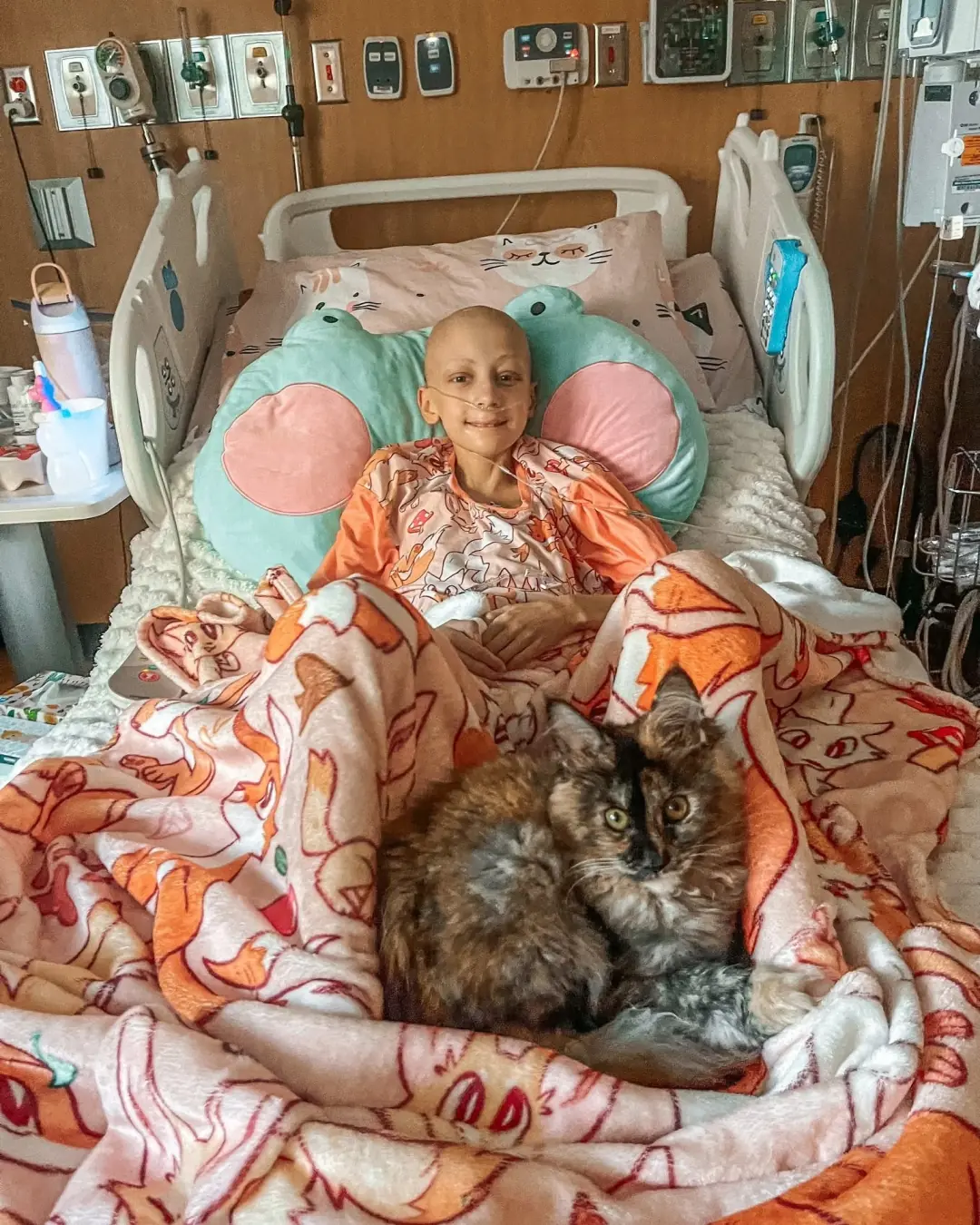
Sasha’s New Chance: A Journey of Courage, Pain, and Hope
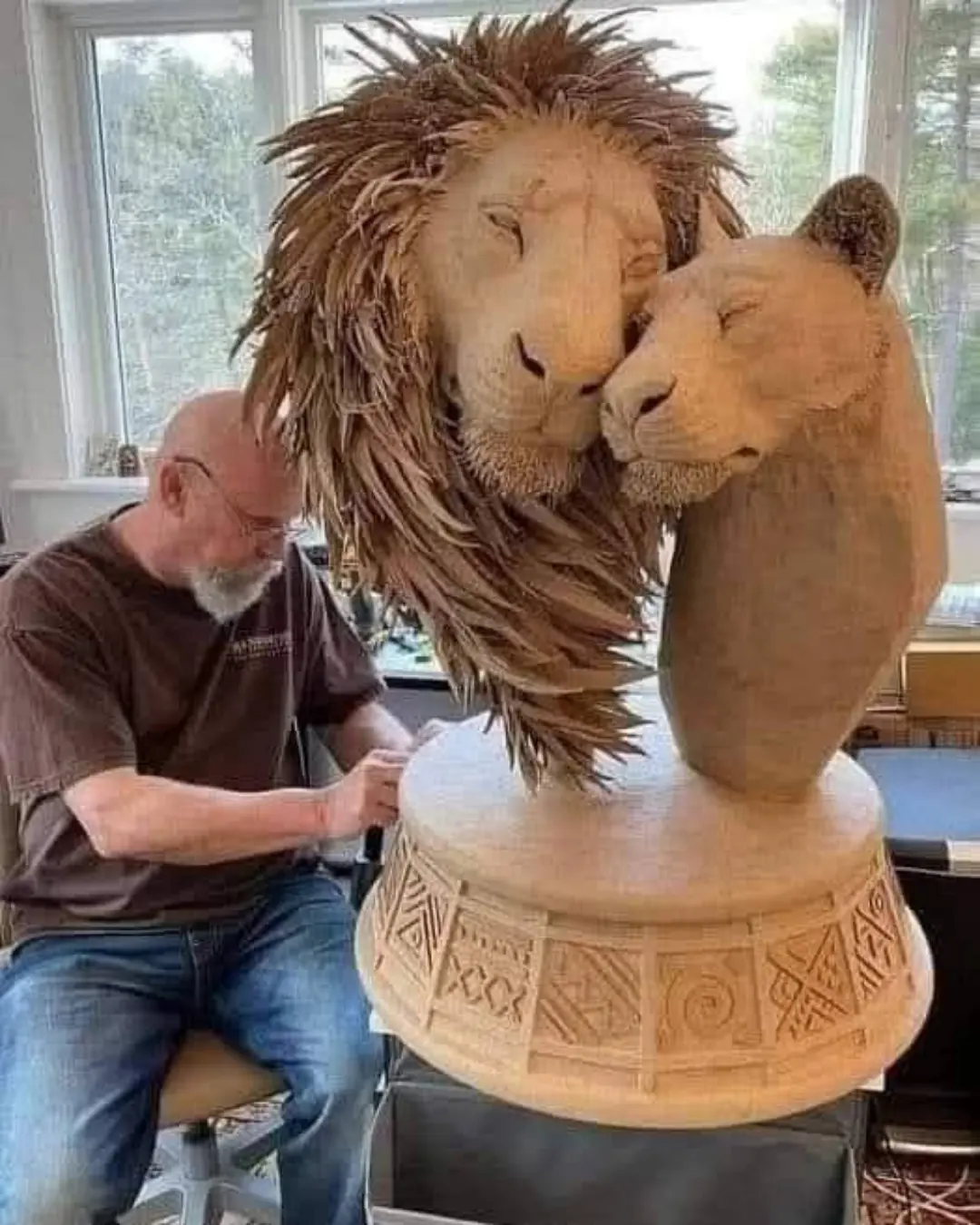
Devotion: The Lions Made of Love and Cardboard.
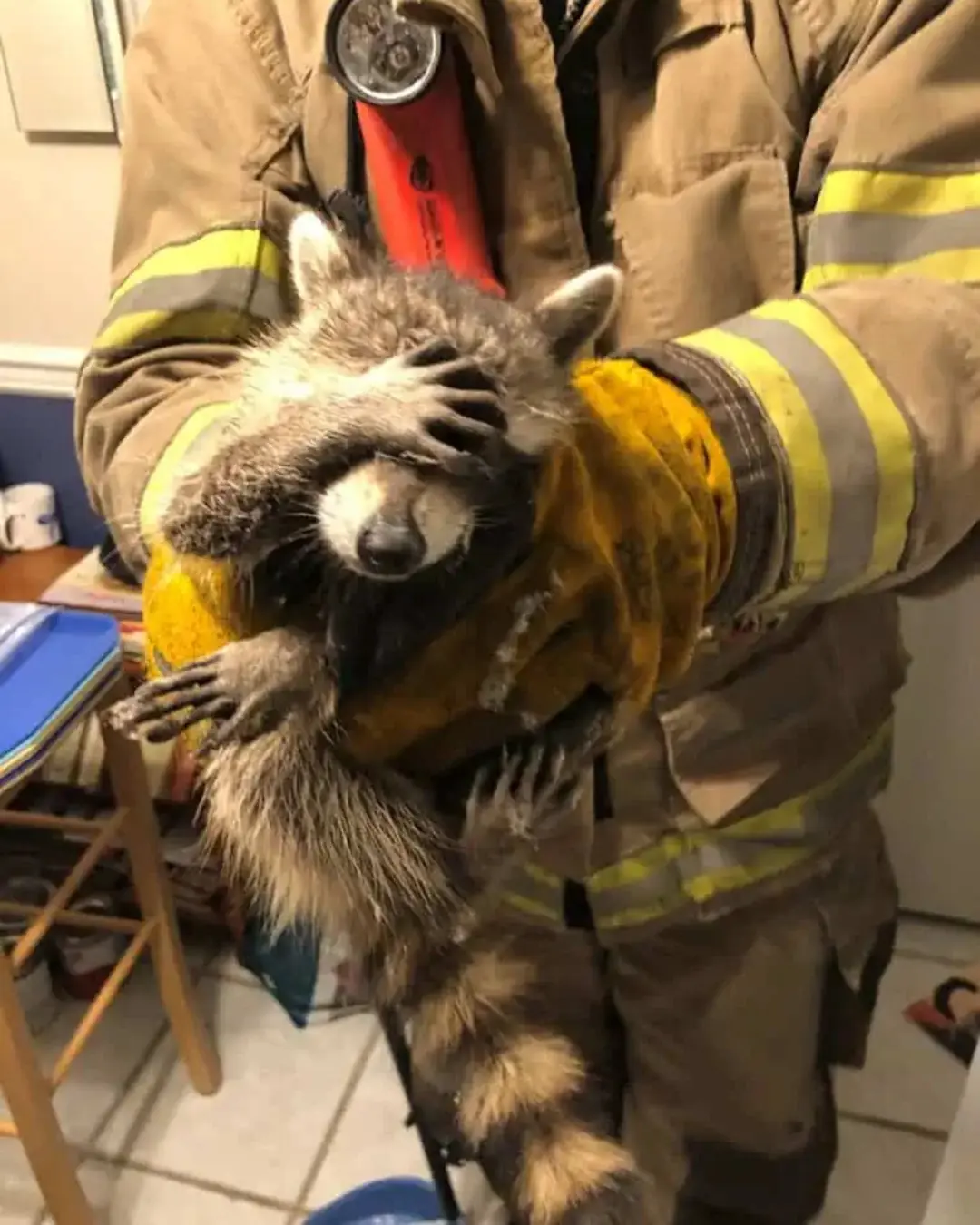
The “Guilty” Raccoon Who Stole Hearts Instead of Snacks.
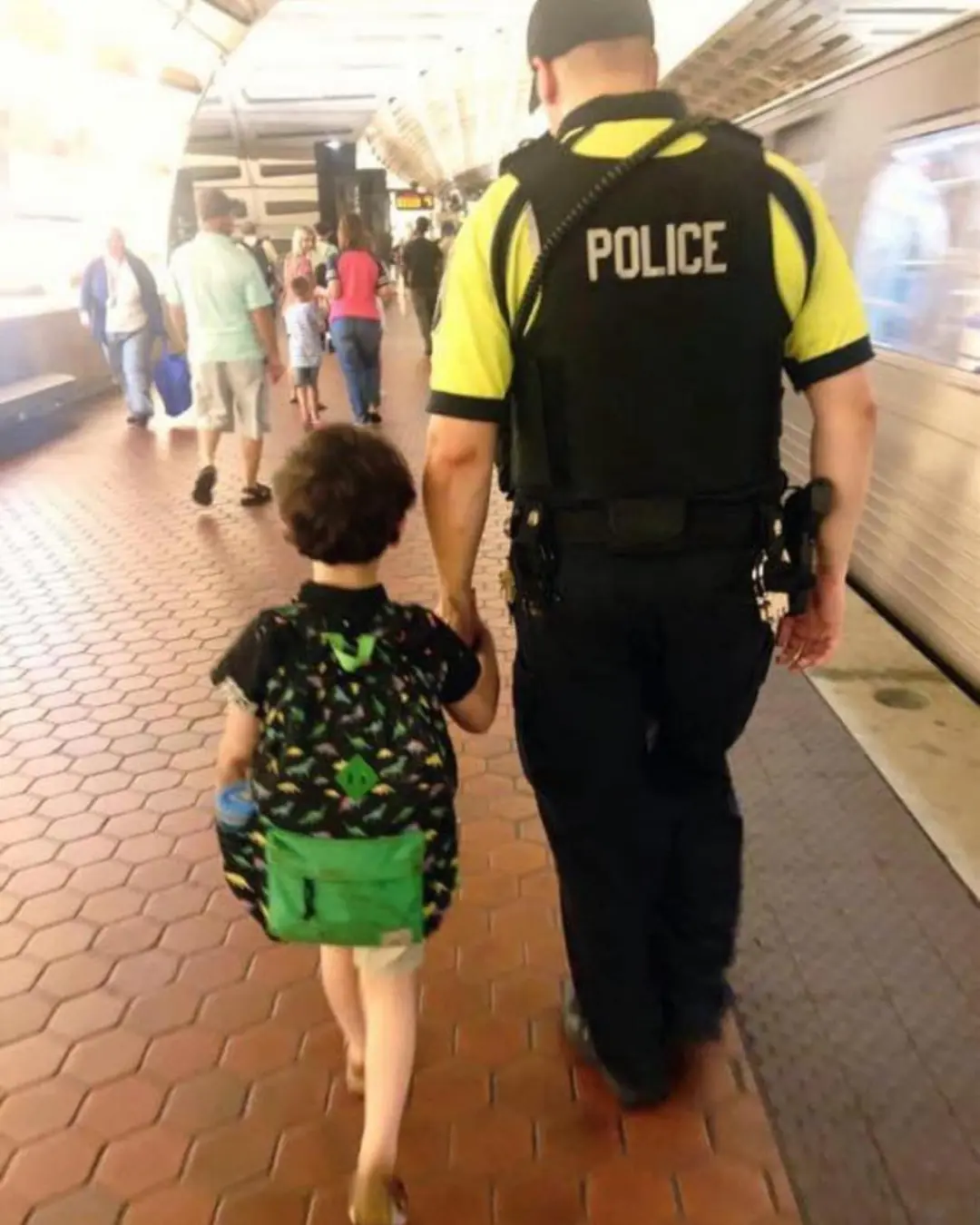
A Metro Ride, a Meltdown, and a Miracle: How One Officer Turned a Child’s Worst Day into a Moment of Kindness the World Will Never Forget.
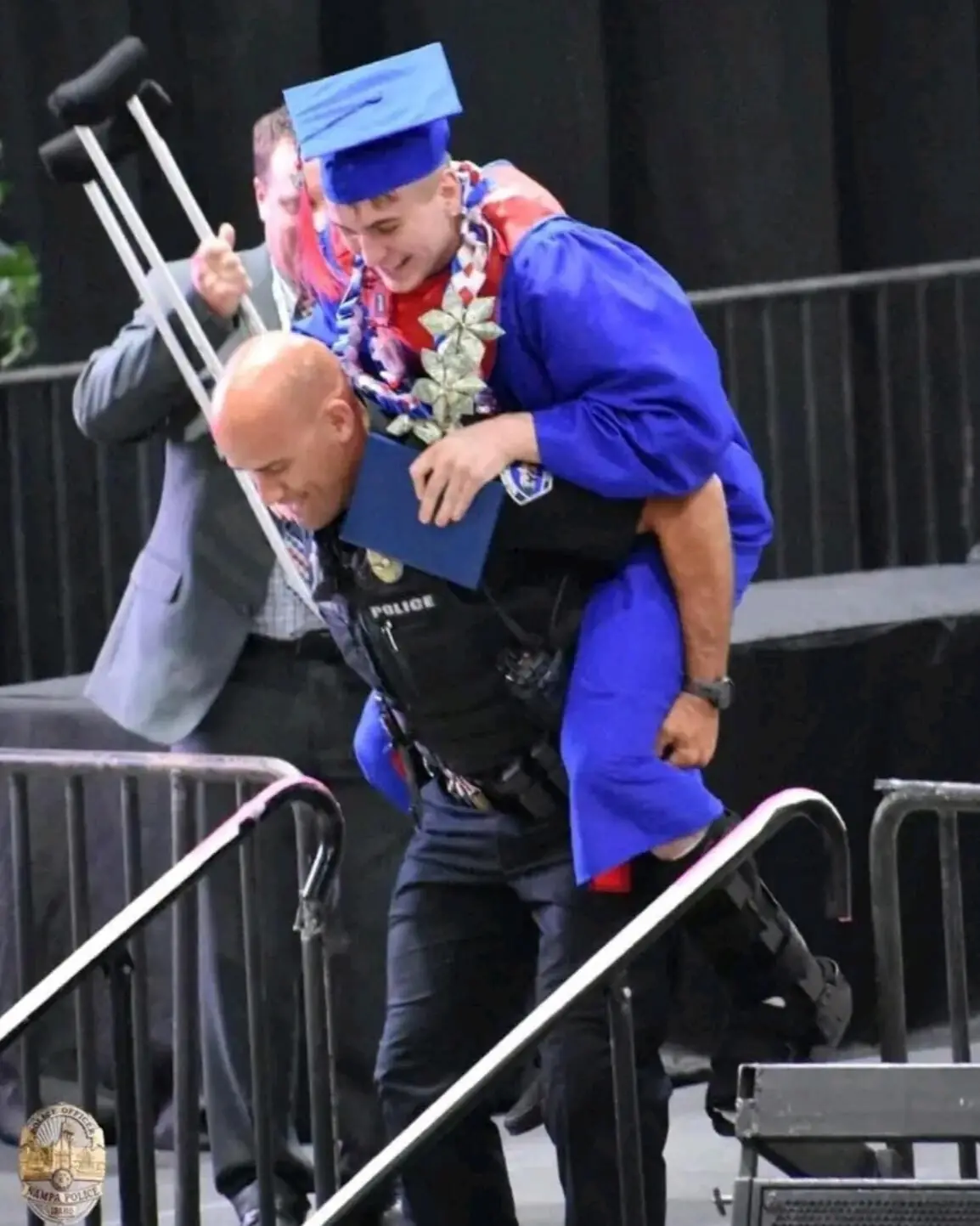
A Graduation to Remember: When a Police Officer Carried a Student Across the Finish Line.
News Post

Benefits of Grapefruit Peel

Cinnamon, Garlic, and Aloe Vera Drink: A Natural Blend That May Boost Immunity

Honey, Lemon, Onion, Garlic & Ginger: The Daily Spoonful That Works Wonders

Mix Castor Oil and Rosemary — The 7-Day Results Will Surprise You

This Is What Happens to Your Body the Day You Stop Eating Bread
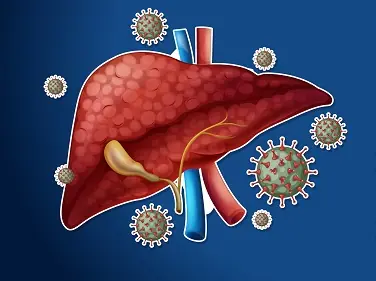
14 Symptoms of Liver Damage You Need to Know

Prepare Ginger This Way to Prevent Cancer, Reduce Cholesterol, and Lower Blood Sugar Levels

Chimp Smiles for the Camera — While Stealing a Dog, Then Does the Unexpected

Prayers for Chaden: A Racer’s Fight Beyond the Track

From Shoplifting Call to Saving Lives: The Story of TJ and Max.

More Than Just a Car: A Lifetime in Metal and Memories.

The Man Who Carried an Elephant.

Murphy the Eagle Who Loved a Rock—Until Life Gave Him a Real Chick.

The Touch That Broke Our Hearts.

A Table in the Garage.

The Power of Simply Sitting Beside Someone.
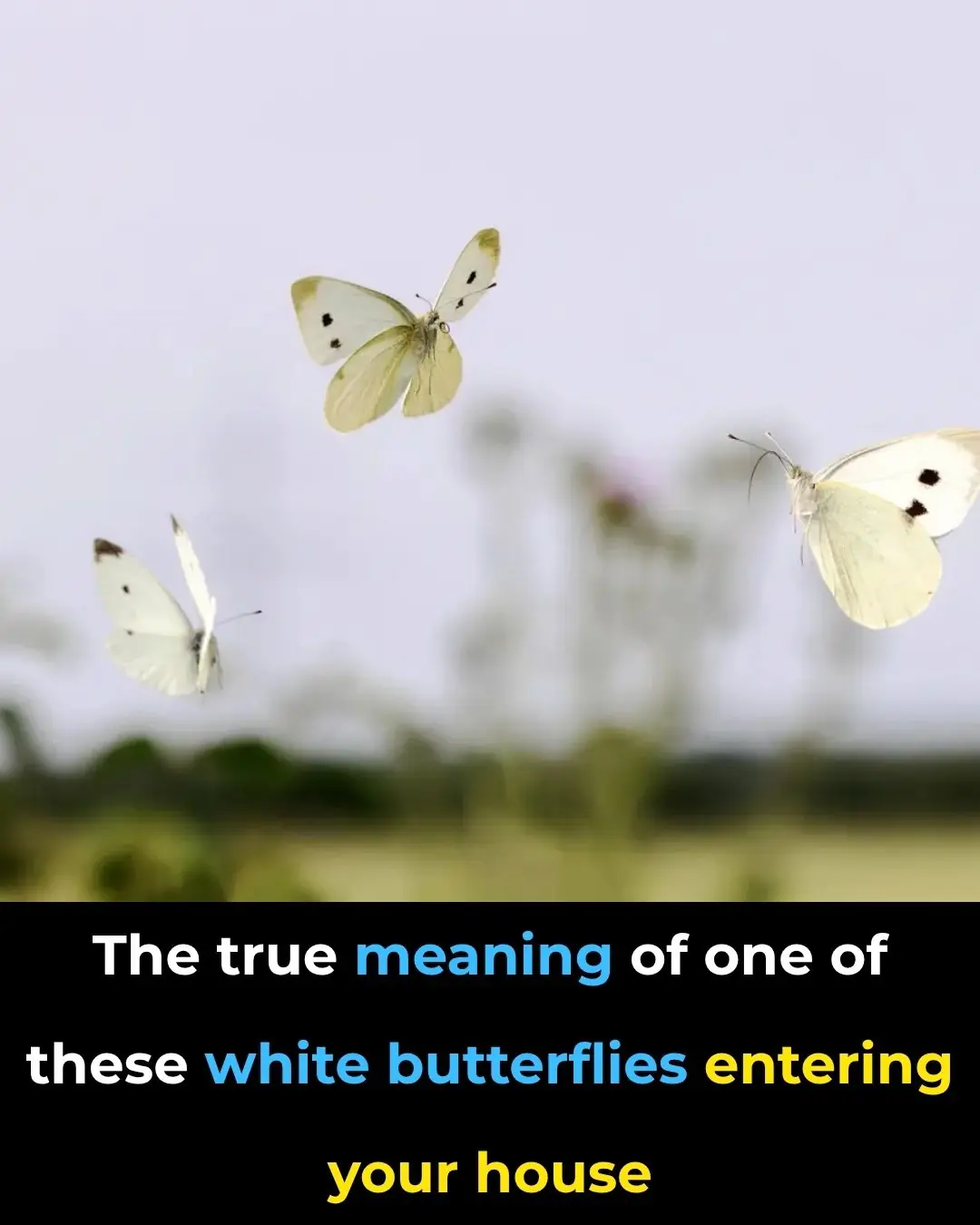
The Spiritual Meaning of White Butterflies in Your Home

If You Find A Tick Inside Your Home, Here’s What You Need To Know
